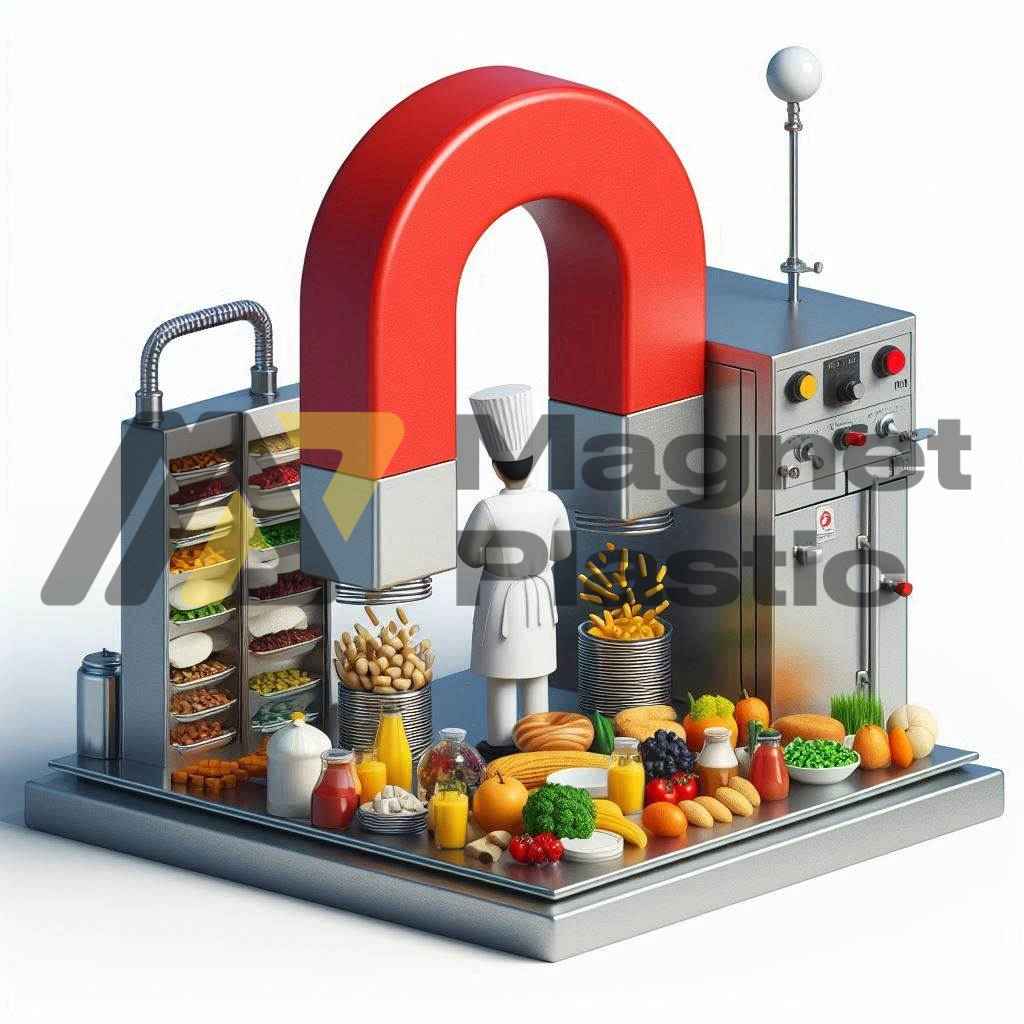Magnetic Systems to Comply with IFS Food Standards
Food Safety as an Industrial Priority
Food safety is a critical priority in the food industry. Ensuring that products reach the end consumer free from contaminants is a key responsibility—not only to protect public health but also to safeguard brand reputation and comply with current regulations. In this context, the IFS (International Featured Standards) food regulation has become a global benchmark defining the requirements to ensure the quality and safety of food products.
What is the IFS Standard?
The IFS sets a strict control framework that covers key areas such as traceability, quality management, hygiene, food safety, and the detection of foreign bodies. In this last category, the prevention of metal contamination is particularly relevant, as even small metal particles can pose serious risks to consumers and lead to legal penalties, product recalls, and reputational damage.
The Importance of Magnetic Systems
One of the most effective ways to meet IFS requirements is through the installation of magnetic systems for detecting and removing metal particles in the production line. These devices are designed to accurately detect and eliminate fragments of iron, stainless steel, and other ferrous metals that may have entered the product during processing, transport, or packaging.
Types of Applicable Magnetic Solutions
Among the most commonly used magnetic solutions are magnetic bars, plates, filters, grids, and advanced metal detectors. All of these systems act as safety barriers that prevent contaminated materials from reaching the final product.
Key Benefits of Magnetic Systems
There are several reasons why magnetic systems are essential to IFS compliance:
- Consumer Safety: They prevent metal particles from reaching consumers, protecting public health.
- Legal Compliance: They help meet European and international regulations regarding metal contamination limits in food.
- Brand Reputation: They prevent scandals and product recalls, preserving the company’s image.
- Production Efficiency: By detecting issues in early stages, they allow for corrective actions without affecting the entire production line.
Good Practices and Raw Material Control
In addition to magnetic separation, it is vital to implement good manufacturing practices, continuous quality controls, and thorough monitoring of raw materials to minimize contamination risks. Industrial magnets can be installed at various critical points in the production process—such as raw material intake, mixing, grinding, packaging, or transport—providing continuous protection throughout the production chain.
MagnetPlastic Solutions for the Food Industry
MagnetPlastic, a company specializing in magnetic solutions for the food sector, offers systems tailored to specific needs, meeting the highest quality standards. Their technology helps food companies not only comply with IFS regulations but also deliver safer, more efficient, and competitive products.
Conclusion
In conclusion, installing magnetic systems is an indispensable tool for any company aiming to ensure the safety of its products, protect consumers, and comply with the most demanding food safety standards.
